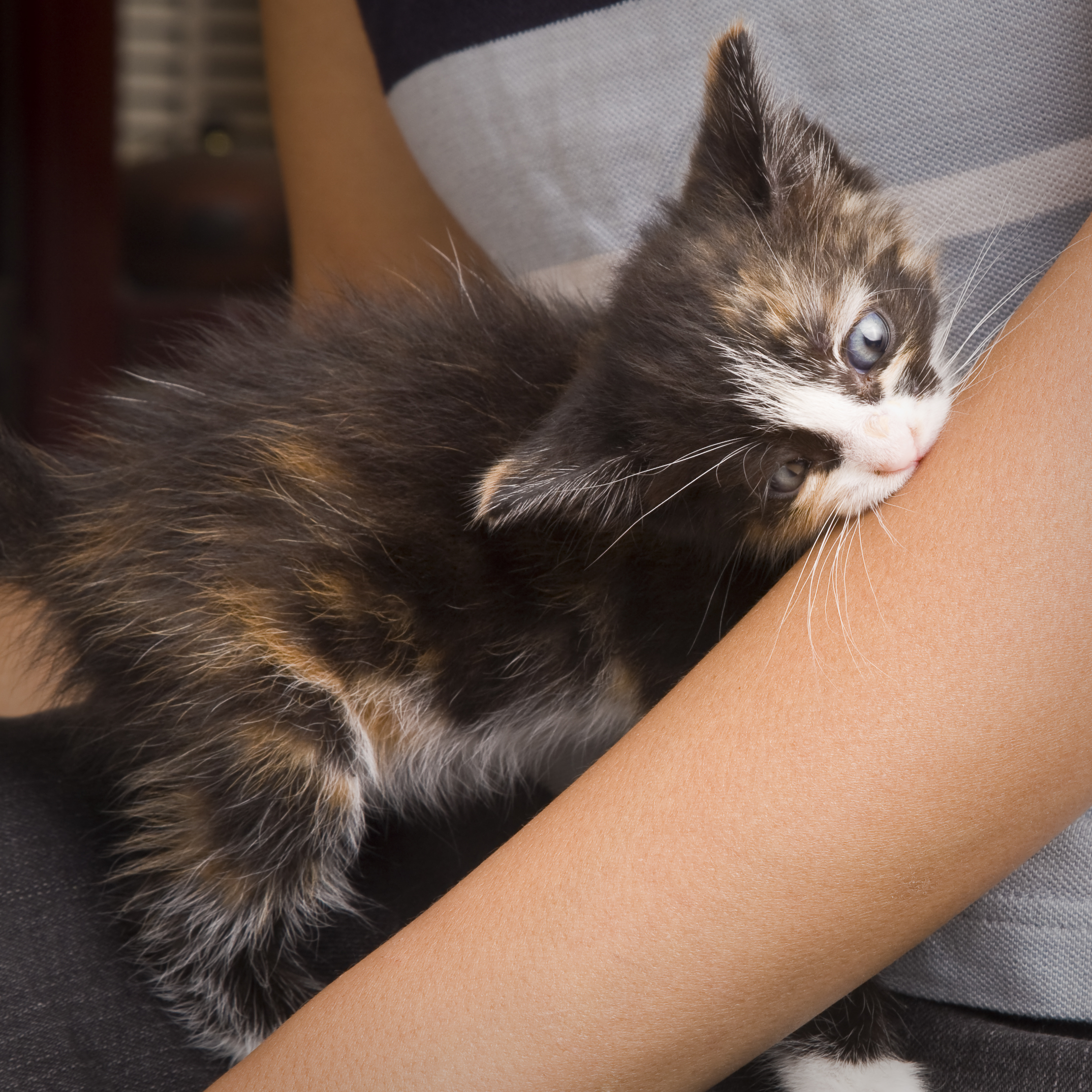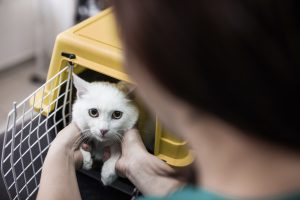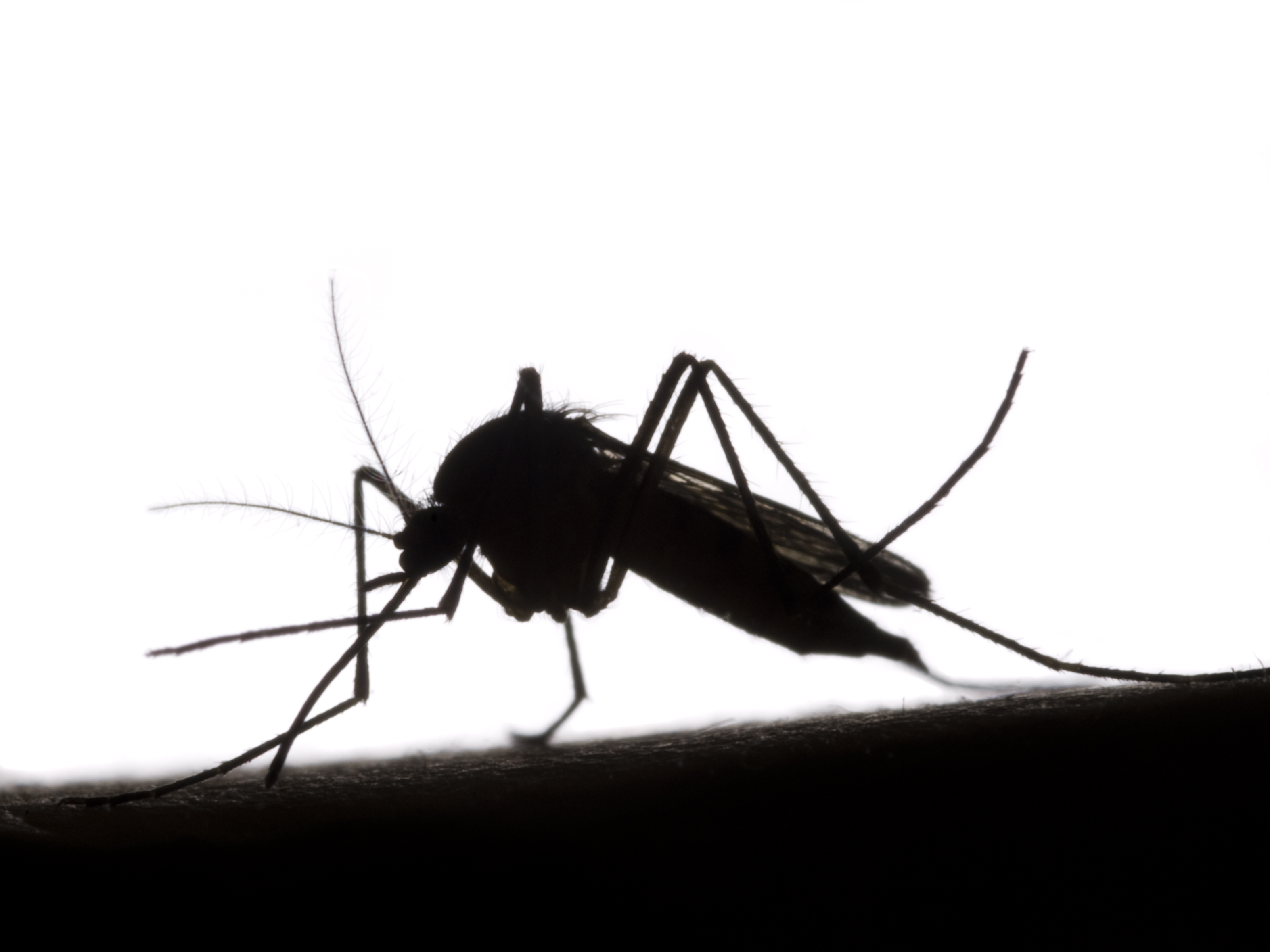Our Blog
Plants And Pets: What You Need To Know
 Pet owners know how curious their pets are and how much they love to sniff, lick, and nibble on just about everything they come across. Unfortunately, plants fall into this category and many pets will go to great lengths to take a bite of greenery whenever they can get away with it. This curiosity can, however, lead to big trouble, as many of the plants commonly found in and around our homes are toxic to our pets.
Pet owners know how curious their pets are and how much they love to sniff, lick, and nibble on just about everything they come across. Unfortunately, plants fall into this category and many pets will go to great lengths to take a bite of greenery whenever they can get away with it. This curiosity can, however, lead to big trouble, as many of the plants commonly found in and around our homes are toxic to our pets.
Because plants and pets often don’t mix, it’s important for pet owners to be educated on which plants pose a danger and how to protect their pets from falling victim to an accidental poisoning. Continue…
Plague In Pets: What You Need To Know
 It’s not likely that contracting the plague is high on your list of concerns. When most of us think of plague, we think of the disease that spread throughout Europe in the Middle Ages, killing one-third of the population; not an illness that we may actually have the potential of contracting in this day and age.
It’s not likely that contracting the plague is high on your list of concerns. When most of us think of plague, we think of the disease that spread throughout Europe in the Middle Ages, killing one-third of the population; not an illness that we may actually have the potential of contracting in this day and age.
Although it is rare, animals and people can and do still contract plague. According to the CDC, most human cases in the United States occur within locations in Idaho, New Mexico, Arizona, Colorado, California, Oregon, and Nevada. About eight cases of plague in humans are reported each year. Continue…
Do You Hear What I Hear? Rattlesnake Safety
 Did you know there are rattlesnakes in Colorado? Rattlesnakes are a fact of life around these parts. Most of us are aware of the dangers snakes pose to us as we hike and camp, or even while we putter around in our own backyards. Rattlesnakes and pets are a particularly disastrous combination, thanks to our pets’ curious nature and unpredictability.
Did you know there are rattlesnakes in Colorado? Rattlesnakes are a fact of life around these parts. Most of us are aware of the dangers snakes pose to us as we hike and camp, or even while we putter around in our own backyards. Rattlesnakes and pets are a particularly disastrous combination, thanks to our pets’ curious nature and unpredictability.
Do you know what to do if you and your pet happen across a rattlesnake? Learning about rattlesnake safety for pets is key to protecting your furry loved one.
Rattlesnake Behavior
Having a basic understand of rattlesnakes will you avoid a bite. Rattlesnakes often warm themselves in the sun, hunt, migrate and den in the same areas year after year.
Snakes Are Introverts
Snakes are shy creatures and prefer to be left alone. Rattlesnakes will not act aggressively unless they are threatened.
Rattlesnake Bite
A rattlesnake bite is a serious risk to your pet. Once the venom is injected, it begins to act immediately. The blood vessels near the region of the bite are compromised, and an immune response causes severe swelling and pain. Because the venom also affects the blood’s ability to clot, large amounts of blood may be lost. The effects of the venom will lead to shock, and eventually death, if left untreated. Continue…
The Allergic Dilemma: Best Pets For Pet Allergy Sufferers

An estimated 15% of people have a pet allergy, with cats being the most common perpetrators, followed closely by dogs. Fortunately, having a pet allergy doesn’t necessarily mean you can’t have a pet!
With a little bit of research and planning, many allergic pet owners have successfully intertwined their lives with a four-legged friend.
Understanding Your Pet Allergy
Dander, tiny flecks of skin shed by dogs, cats, rodents, and birds, is the most common pet allergy trigger. Other pet-related particles, including saliva, urine, and feces, can release particles into the air when dried, which can be inhaled and trigger allergic symptoms. Continue…
Don’t Forget The Little Guys: Pocket Pet Wellness Care
 It’s been said that good things come in small packages, and pocket pet owners couldn’t agree more.
It’s been said that good things come in small packages, and pocket pet owners couldn’t agree more.
Rabbits, Guinea pigs, gerbils, ferrets, lizards, and other small animals have been steadily increasing in popularity as pets for children and families. Because they are smaller and seem easier to care for than traditional family pets such as dogs and cats, many pet owners don’t realize that their pocket pet needs routine veterinary care, too.
Why Pocket Pet Wellness Care Is Important
The truth is, small and exotic pets derive all of the same benefits from regular checkups as their canine and feline counterparts. Along with making sure they’re in good health, check-ups for pocket pet wellness is an opportunity to take care of cosmetic maintenance issues that are not possible to do at home. Continue…
Is My Cat Normal? —The Truth About Hairballs
 Hairballs are an unfortunate part of life for most cat owners. That low, hacking sound you can hear from anywhere in the house is the telltale sign that kitty is about to deposit hairballs in the least convenient place possible.
Hairballs are an unfortunate part of life for most cat owners. That low, hacking sound you can hear from anywhere in the house is the telltale sign that kitty is about to deposit hairballs in the least convenient place possible.
While it’s easy to assume that coughing or vomiting in cats is caused by a hairball, this isn’t always the case. Frequent coughing or vomiting in cats is not normal, and may indicate an underlying health problem.
Hairballs 101
Hairballs are the result of undigested hair left over from our cats’ fastidious grooming habits. Hairballs (also known by their scientific name “trichobezoars”) are not actually ball shaped; rather they are cylindrical, taking the shape of the cat’s esophagus as they are regurgitated. No cat is immune to hairballs, but longhaired varieties are certainly more prone. Continue…
Kind Kitties: Cat Bite Prevention Tips
 It’s a common scenario: One minute your sweet kitty is snuggled in your lap, purring away as you absentmindedly stroke his or her soft fur, and the next thing you know your little buddy has turned on you and is now ferociously biting the hand that was petting it so gently just seconds before. You shout, leap to your feet, knock over your beverage. Kitty darts off your lap and out of the room, leaving both of you shaken and annoyed.
It’s a common scenario: One minute your sweet kitty is snuggled in your lap, purring away as you absentmindedly stroke his or her soft fur, and the next thing you know your little buddy has turned on you and is now ferociously biting the hand that was petting it so gently just seconds before. You shout, leap to your feet, knock over your beverage. Kitty darts off your lap and out of the room, leaving both of you shaken and annoyed.
This strange behavior is certainly perplexing, but by focusing on a variety of cat bite prevention techniques you may be able to mitigate your cat’s aggression, and create a calmer, more peaceful environment that both you and kitty can enjoy. Continue…
Summer Noises and Fireworks: Helping Your Pet Stay Calm
 There’s nothing like summer in Colorado. Observing the distant flashes of lightning, the rumble of thunder, and the smell of rain in the air. Summer wouldn’t be the same without a good fireworks display (or two, or three) come July. However, many pet owners struggle with their pets’ noise-related anxiety every summer.
There’s nothing like summer in Colorado. Observing the distant flashes of lightning, the rumble of thunder, and the smell of rain in the air. Summer wouldn’t be the same without a good fireworks display (or two, or three) come July. However, many pet owners struggle with their pets’ noise-related anxiety every summer.
While we may enjoy the noisy aspects of summer, our pets likely do not. With their highly sensitive hearing and instinct to flee from danger, extremely loud noises from thunderstorms and fireworks can cause animals to panic. Continue…
Heart To Heart: The Importance Of Heartworm Prevention
Calm, Cool, And Collected: Tips For Getting Your Cat To The Vet
 Taking your cat to the vet is probably low on your list of enjoyable activities. Between the struggle to get kitty into the carrier, the car ride, and the shenanigans that may ensue once you get your cat up on the examination table, getting kitty to the clinic can be quite an ordeal.
Taking your cat to the vet is probably low on your list of enjoyable activities. Between the struggle to get kitty into the carrier, the car ride, and the shenanigans that may ensue once you get your cat up on the examination table, getting kitty to the clinic can be quite an ordeal.
Although cats are the most popular pets in the U.S., they visit the veterinarian far less frequently than their canine counterparts. Due in part to the troubles many cat owners face when it’s time to take kitty to the clinic, it’s estimated that a third of pet cats did not visit the veterinarian for any reason last year. Continue…




